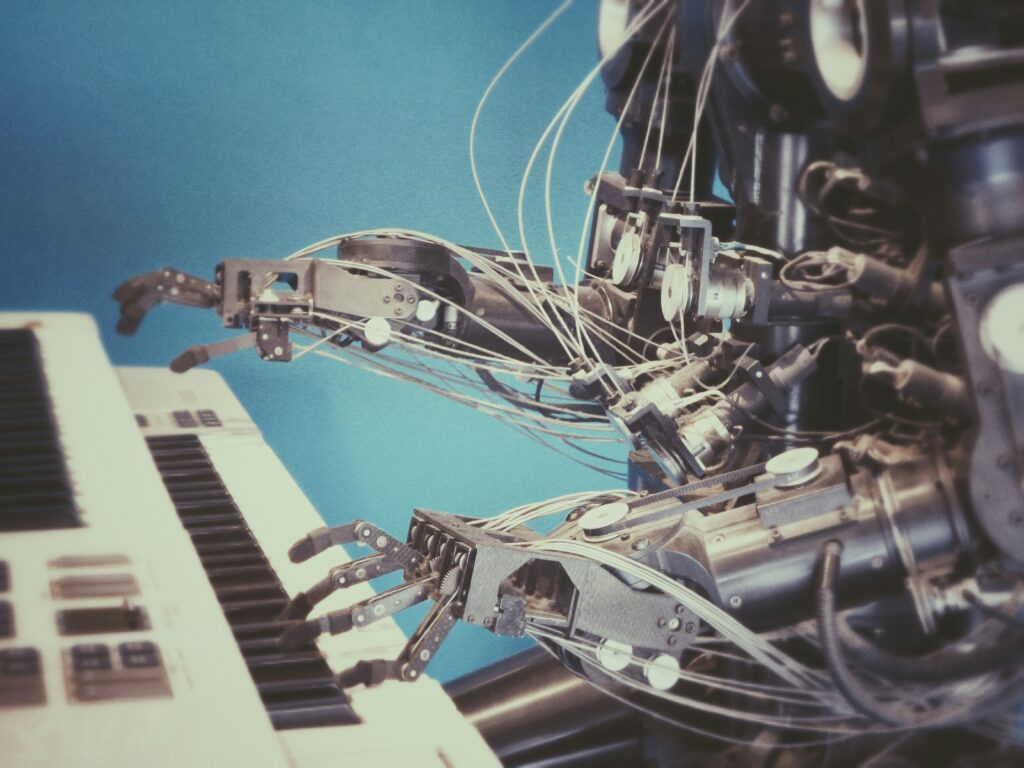The Latest AI Breakthroughs: Shifting Industry Paradigms
The year 2024 has already seen a cascade of groundbreaking developments in AI, further solidifying its role as a core innovation driver. Leading the charge are advanced large language models (LLMs) and sophisticated generative AI tools, which are moving beyond mere content creation to complex problem-solving. For instance, companies like Google and OpenAI have unveiled multimodal AI systems capable of understanding and generating content across text, images, and even video, pushing the boundaries of human-computer interaction. This expansion of AI capabilities is not just about making existing processes faster; it’s about enabling entirely new paradigms of operation, from hyper-personalized customer experiences to autonomous scientific discovery platforms. These advancements signify a pivotal moment, transitioning AI from a specialized tool to a ubiquitous intelligent partner across diverse sectors.
Statistical Impact: AI’s Growing Footprint Across Sectors
The tangible impact of AI is increasingly reflected in compelling market data and research. According to a recent report by Statista, the global artificial intelligence market size is projected to grow substantially, reaching over $738 billion by 2030, a testament to its pervasive adoption across industries. Another study by PwC indicates that AI could contribute up to $15.7 trillion to the global economy by 2030, with a significant portion stemming from productivity gains and personalized product offerings. These figures underscore not just a trend, but a fundamental economic shift where intelligent systems are becoming indispensable. Businesses are investing heavily in AI solutions to gain competitive advantages, automate mundane tasks, enhance decision-making, and unlock new revenue streams, confirming that AI is no longer optional but essential for future growth.
Transforming Industries: AI as the New Engine for Innovation
The application of AI and Machine Learning is profoundly revolutionizing virtually every industry. In healthcare, AI is accelerating drug discovery, improving diagnostic accuracy, and enabling personalized treatment plans. AI-powered platforms can analyze vast genomic datasets to identify potential drug candidates or interpret medical images with expert precision, often surpassing human capabilities. Financial services leverage AI for sophisticated fraud detection, real-time risk assessment, and algorithmic trading, making markets more efficient and secure. Manufacturing benefits from predictive maintenance, where AI analyzes sensor data to anticipate equipment failures, minimizing downtime and optimizing production. Retail is witnessing an AI-driven overhaul with hyper-personalized recommendations, optimized supply chains, and automated customer service, creating seamless shopping experiences. For a deeper dive into the ethical considerations surrounding these powerful tools, explore our article on Navigating the Ethical Landscape of AI Development.
Expert Outlook: Charting the Future of Intelligent Systems
Industry leaders and AI researchers universally agree that the pace of AI innovation is only set to accelerate. Dr. Fei-Fei Li, co-director of Stanford’s Human-Centered AI Institute, frequently emphasizes the need for ‘human-centered AI’ that augments human intelligence rather than replaces it. Experts predict a future where AI becomes an even more integrated part of daily life and industrial operations, with advancements in areas like autonomous agents, quantum AI, and explainable AI gaining traction. The focus is shifting towards more specialized AI models capable of performing complex tasks with greater accuracy and less data, alongside an increasing emphasis on responsible AI development. A recent report by MIT Technology Review highlights these emerging trends, forecasting significant breakthroughs in AI’s interpretability and reliability, which are crucial for broader societal adoption and trust.
Navigating the AI Revolution: Opportunities and Challenges
While the opportunities presented by AI are immense, the ongoing revolution also brings its share of challenges. Ethical considerations, data privacy, bias in algorithms, and the impact on the future workforce are critical discussions that accompany every new advancement. Industries must not only embrace the transformative power of intelligent systems but also commit to responsible development and deployment. This involves investing in robust governance frameworks, fostering collaboration between technologists, policymakers, and ethicists, and prioritizing transparent and fair AI solutions. Ultimately, the successful integration of AI into industries will depend on balancing innovation with responsibility, ensuring that these powerful tools serve humanity’s best interests while unlocking unprecedented levels of productivity and progress.

